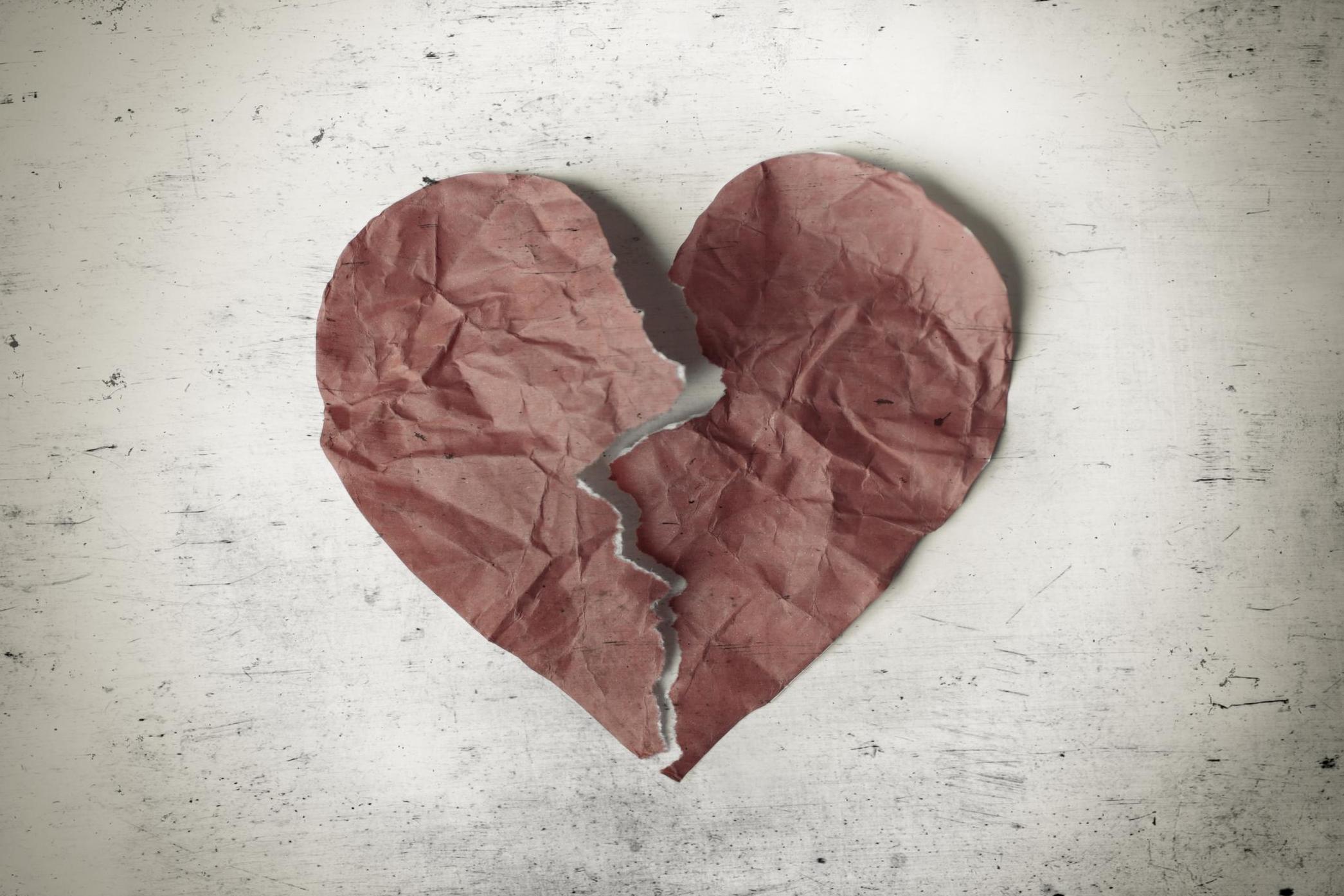Broken heart can cause same type of long-lasting damage as a heart attack
You may never fully recover from a broken heart

Your support helps us to tell the story
From reproductive rights to climate change to Big Tech, The Independent is on the ground when the story is developing. Whether it's investigating the financials of Elon Musk's pro-Trump PAC or producing our latest documentary, 'The A Word', which shines a light on the American women fighting for reproductive rights, we know how important it is to parse out the facts from the messaging.
At such a critical moment in US history, we need reporters on the ground. Your donation allows us to keep sending journalists to speak to both sides of the story.
The Independent is trusted by Americans across the entire political spectrum. And unlike many other quality news outlets, we choose not to lock Americans out of our reporting and analysis with paywalls. We believe quality journalism should be available to everyone, paid for by those who can afford it.
Your support makes all the difference.Severe emotional stress can prompt a sudden heart condition that poses the same sort of long-term damage as a heart attack, new research has found.
Takotsubo cardiomyopathy – or “broken heart syndrome” - affects at least 3,000 people in the UK and is typically triggered by traumatic life events such as bereavement.
During an attack, the heart muscle weakens to the point where it can no longer function as effectively.
While previous research had suggested that the damage caused was temporary, scientists at the University of Aberdeen have now found that the effects can be permanent, like a heart attack.
In the study, which was funded by the British Heart Foundation (BHF), the team of doctors examined 37 Takostubo patients for an average period of two years using ultrasound and MRI scans.
They presented their findings at the American Heart Association Scientific Sessions in Anaheim, California and revealed that participants had untreatable damage to the heart’s muscle tissue which had reduced elasticity that prevented full contractions with every heartbeat.
According to another study conducted by Harvard Medical School, more than 90 per cent of reported cases of Takostubo are women between the ages of 58 and 75.
"Takotsubo is a devastating disease that can suddenly strike down otherwise healthy people,” explained Professor Jeremy Pearson, associate medical director at BHF.
“We once thought the effects of this life-threatening disease were temporary, but now we can see they can continue to affect people for the rest of their lives.”
Pearson added that there is currently no long-term treatment in place for patients because medics had previously thought all sufferers would make a full recovery.
“This new research shows there are long-term effects on heart health, and suggests we should be treating patients in a similar way to those who are at risk of heart failure," he concluded.
Join our commenting forum
Join thought-provoking conversations, follow other Independent readers and see their replies
Comments